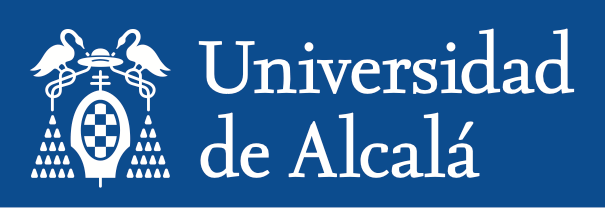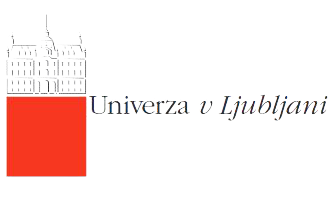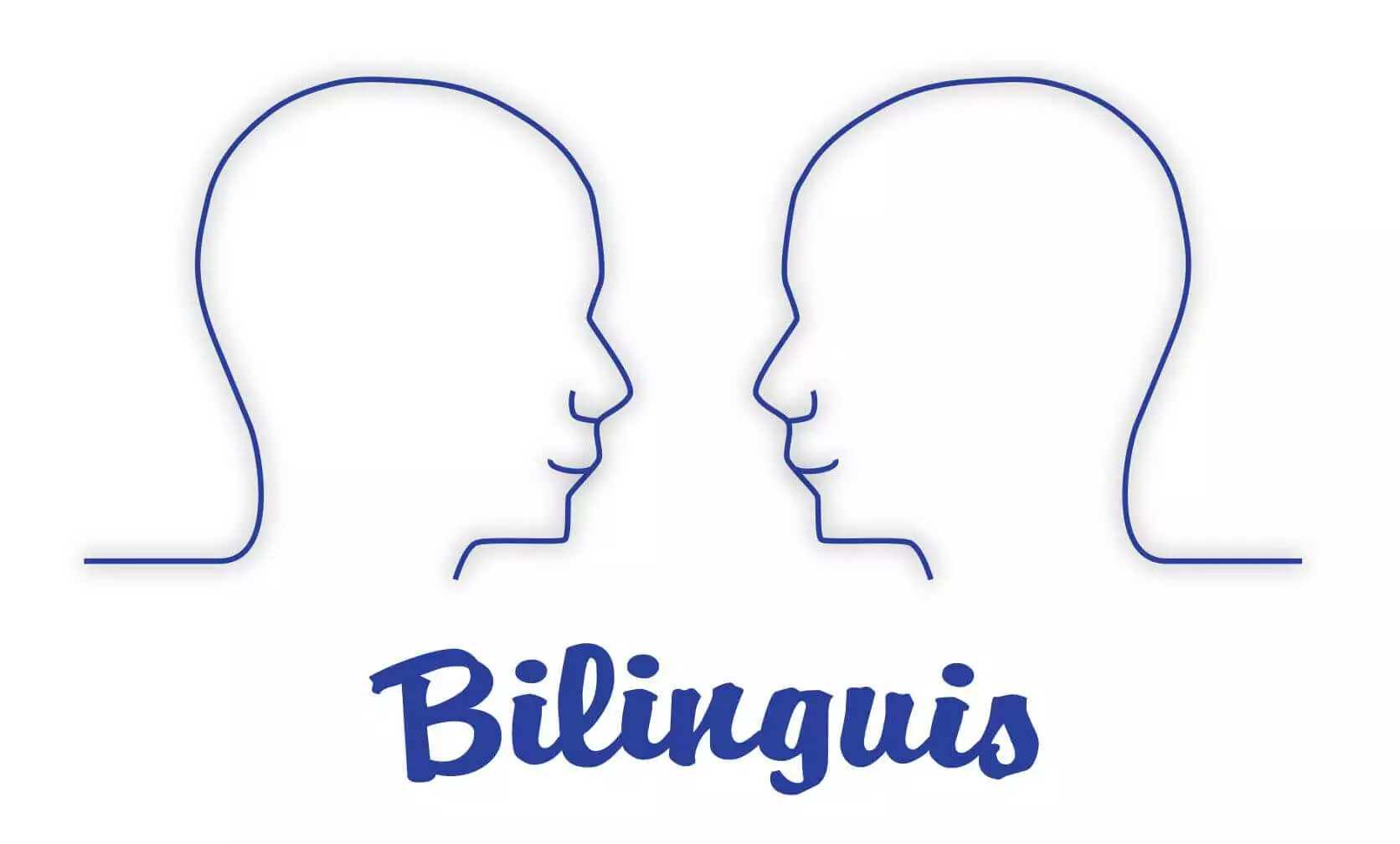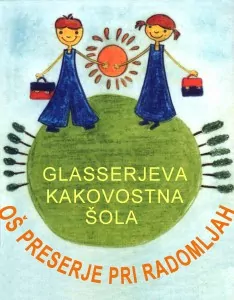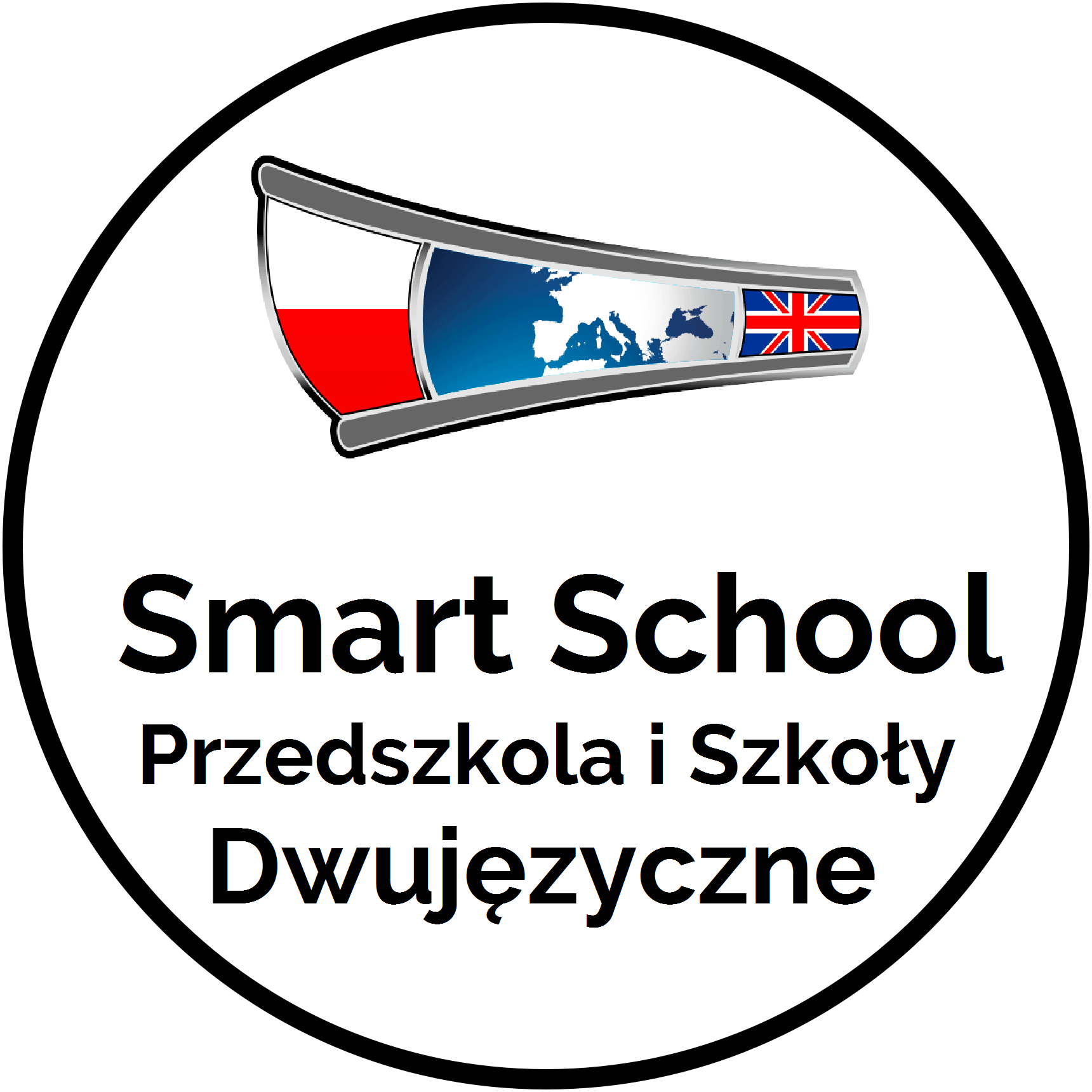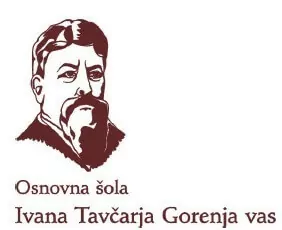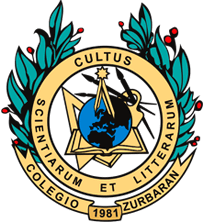PARTNERS
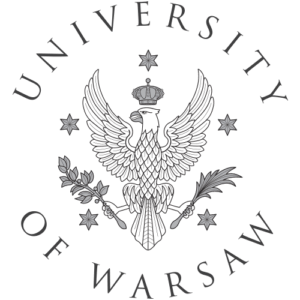
University of Warsaw
founded in 1816, a public research-oriented HEI, Poland’s largest & finest university. From its beginning, it has played a major role in the intellectual, political and cultural life of Poland, and is recognized worldwide as a leading academic centre in Central Europe. 21 faculties, 30 independent teaching & research units; 47,600 students (incl. 3,200 PhD), 3,400 post-diploma learners; 7,200 staff incl. 3,500 researchers/teachers; over 100 study fields in Humanities, Earth, Social, Natural Sciences at first/second/third cycles (Bachelor/Master /Doctoral levels), 5-year Master studies in Law, Psychology; 25 degree programmes in English; 29 Joint Master Programmes; over 2000 courses in foreign languages, vocational training, e-learning, summer education. The Faculty of Education of the University of Warsaw has a long tradition of teacher education both in Early Primary Education and in Early Language Education at undergraduate and graduate levels. In 2014, the Faculty opened a new graduate level course (M.A level course) focusing on bilingual education at the primary level Graduate Programme of Teaching English to Young Learners (GPTE). It was created in cooperation with partner universities from Slovenia, Sweden and Finland and is offered in English. GPTE became the basis for both research and teacher development in the area of bilingual education. It also has strong support in the community and close collaboration with many schools.
Lit4CLIL at the University of Warsaw is headed by Katarzyna Brzosko-Barratt.
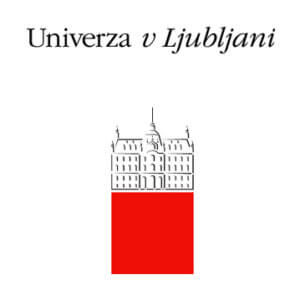
University of Ljubljana
the oldest and largest higher education and scientific research institution in Slovenia. It has more than 40.000 undergraduate and postgraduate students and employs approximately 5.600 higher education teachers, researchers, assistants and administrative staff in 23 faculties and three arts academies. The University of Ljubljana is listed amongst the top 500 universities in the world according to the ARWU Shanghai, Times THES-QS and WEBOMETRICS rankings. The University of Ljubljana is the central and largest educational institution in Slovenia with 30 percent of all registered researchers .Its staff members manage various national and international research programmes and projects. Research programmes, foundation and applicative projects are also undertaken in cooperation with other research organisations. Its researchers frequently participate in international projects and collaborate with recognised associations. The number of research projects increases from year to year, as does the number of the research findings published in Slovenian and foreign periodicals. The department of Primary Education has been involved in in-service and pre-service teacher training, with a special programme for students, who want to specialise in teaching foreign languages in the first 5 years of primary education. The Faculty has been a partner in the Dystelf project (Dyslexia for Teachers of English as a Foreign Language) and other projects dealing with teacher education.
Lit4CLIL at the University of Ljubljana is headed by Mateja Dagarin Fojkar.
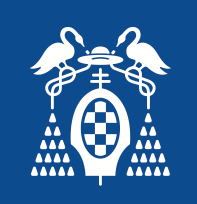
The University of Alcalá
Tradition and innovation are combined in a university whose origins date back to 1499, the year of its foundation by the Regent of Spain, Cardinal Cisneros, as a very novel educational project. Moved to Madrid in the mid-nineteenth century, the democratic transition made it possible for the University of Alcalá to reopen its classrooms in 1977. The UAH is one of the few universities in the world declared a “World Heritage Site” by UNESCO, with old buildings that have been rebuilt and used as Faculties. It receives more than 6000 international students per year, which places Alcalá in the first place among Spanish universities in the internationalization ranking.The UAH offers a total of 38 bachelor’s degrees, 46 master’s degrees and 25 doctorates in five branches of knowledge: Arts and Humanities, Law and Social Sciences, Sciences, Health Sciences, Engineering and Architecture. The UAH participates and has participated in a wide variety of projects funded by the EU. The Department of Modern Languages and the Centro Universitario Cardenal Cisneros have a long experience in teacher training, both pre-service and in-service. They also have great experience in participation in international projects with European partners and beyond.
Lit4CLIL at the University of Alcalá is headed by Ana Halbach, with the support of Raquel Fernández-Fernández.
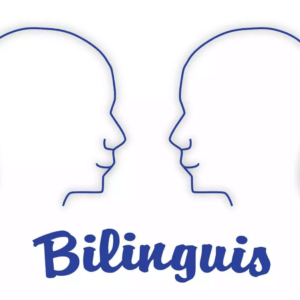
All-Poland Association of Bilingualism BILINGUIS
a nationwide, non-governmental body that unites teachers, scholars and other enthusiasts of bilingual education in Poland. The main principles of Bilinguis are to promote bilingual education in Poland, to liaise with the Ministry of Education on aspects regarding bilingualism, to organise and participate in various conferences, to help implement bilingual education in all stages of education (including primary schools), to consolidate the network of bilingual schools, and to support bilingual teachers in any issues concerning their work. The members of Bilinguis are very often practitioners working in all school types in the field of bilingual education. The Association is involved in promoting bilingual education at all stages of education.
Lit4CLIL at All-Poland Association of Bilingualism BILINGUIS is headed by Artur Stępniak with the support of Edyta Wernicka, Kinga Jędrusiak, Dorota Świerzyńska.
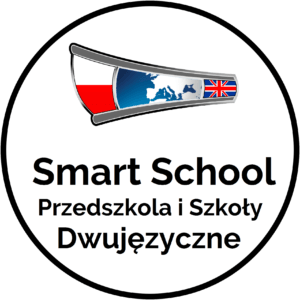
Smart School Przedszkola i Szkoły Dwujęzyczne
The School was founded in 2015 as a bilingual primary school and has been providing bilingual education classes at all primary levels for the last 4 years. There are 35 teachers and 111 students. It has created an innovative curriculum focused on the needs of young learners utilizing CLIL approach. The guiding principle is based on the premise that immersing a child into a foreign language and multicultural education should happen on a daily basis for extended time. This will help students to become proficient in a foreign language, and also provide them with other learning opportunities, such as bilingual subject knowledge, multicultural basis of global education. The school’s experiences confirm that a good foreign English language literacy approach is crucial in bilingual education especially in the early stages of education. The teachers have been cooperating with the University of Warsaw, University of Salamanca (Spain) sharing experiences of teaching in the CLIL system for the last 2 years.
Lit4CLIL at Smart School Przedszkola i Szkoły Dwujęzyczne is headed by Monika Kozłowska and Marta Słowikowska.
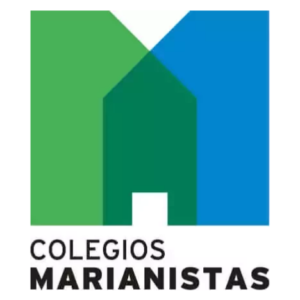
Colegio Nuestra Señora del Pilar
a Catholic Charter School in Madrid, which holds over 2000 students aged from 3 to 18 years old. Since 2004, the school has a programme to reinforce the learning of languages and now it is in the stage of improving the quality of it. The hours of teaching English and French are being constantly increased. All the teachers involved in the programme need to have their C1 level certified in the language they teach. The school uses CLIL methodology in several subjects, such as Arts and Crafts, Physical Education, Music, Natural and Social Science, Technology, Biology. About two thirds of the students on the Secondary level do Advanced English, which differs from the standard English in the emphasis on Literacy. The school has adopted the literacy approach in teaching foreign languages including English and French in a coordinated manner.
Lit4CLIL at Colegio Nuestra Señora del Pilar is headed by Marta Gómez De Agüero Rodero and Irene Pérez Collado.
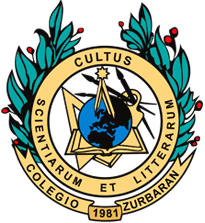
Zurbarán School
located in a small town (around 50.000 inhabitants) in the north of Madrid. It was built in 1981, and it is one of the two charter schools in the town. It has been a bilingual school since 2012. Infant education is not part of the project yet although there are one-two English lessons every day. There are 48 teachers at the moment and 591 students. The school has introduced the literacy approach in all foreign language classes after participation in the Lit4CLIL project.
Lit4CLIL at Zurbarán School is headed by Eva Jechimer and Marta Pellico-Martinez.
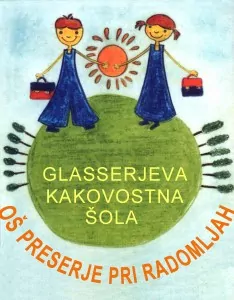
Osnovna šola Preserje pri Radomljah
a nine-year primary school with approximately 700 pupils from the age of six to fourteen are being educated by 62 teachers. The concept of the primary school Preserje pri Radomljah can be recognised as transformative. It has been in compliance with the Choice Theory by William Glasser for ten years. It encourages children’s inner motivation by giving meaning to their work and by imparting useful knowledge. It fosters good relationships as part of a safe school environment where mistakes are allowed and much can be learnt from them. Relationships among participants in education (especially between teachers and students) are built on the following habits and values: respect, stimulation, encouragement, trust, kindness, tolerance, acceptance, negotiations, listening and support. Wambach’s convergent pedagogy is another important factor at primary school Preserje pri Radomljah, especially regarding the literacy teaching strategies with the emphasis on its basic element body motion with music. The school is known for introducing the formative assessment of students. It is successively confirmed as an eco-school, a cultural school and as Unesco’s Associated school. Permanent improvement of educational quality is besides fostering good relationships one of the main principles of the primary school Preserje pri Radomljah. The primary school Preserje pri Radomljah has taken part in or organized and successfully run a number of educational, national and international projects, one of them being also Erasmus+ project. The school introduced early foreign language teaching (starting in the Year One with six-year olds) more than 10 years ago. Wambach’s convergent pedagogy has been the core of teaching English in the first five years of children’s schooling at primary school Preserje pri Radomljah.
Lit4CLIL at Osnovna šola Preserje pri Radomljah is headed by Nataša Puhner and Manca Mihelčič.
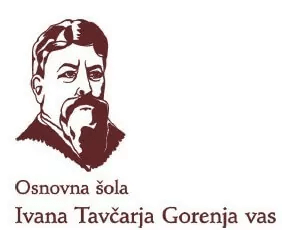
Osnovna šola Ivana Tavčarja Gorenja vas
is a primary school in Slovenia. It is a public body and non-profit organization. It consists of the main school, which is located in Gorenja vas, and two branch schools: branch school Lučine and branch school Sovodenj. Altogether it has got around 600 pupils. Pupils attend primary school subjects, such as mathematics, Slovene language, English language, social and natural sciences, artistic subjects (music, art) and physical education. In the main school all the classes are single-grade and include children of the same age. In both branch schools there are also multi-grade classes that combine pupils of different ages. The primary school provides a compulsory and extended curriculum. The compulsory curriculum consists of compulsory subjects, electives and activity days (culture, science, sports, technology). The extended school curriculum includes educational assistance for children with special needs, remedial classes, additional classes, after-school care and other forms of care for pupils, interest activities and out-of-school classes. In after-school programs pupils study, complete their homework and participate in cultural or artistic activities and sports. The vision of the school is to raise young people as independent individuals that respect the values of the community. The school takes part in different projects, such as healthy school, eco school, cultural school, school fruit and vegetables scheme and The International Award for Young People. There are 55 teachers and 16 technical administrative staff.
Lit4CLIL at Osnovna šola Ivana Tavčarja Gorenja vas is headed by Mojca Jurkovič and Jelka Čadež.
